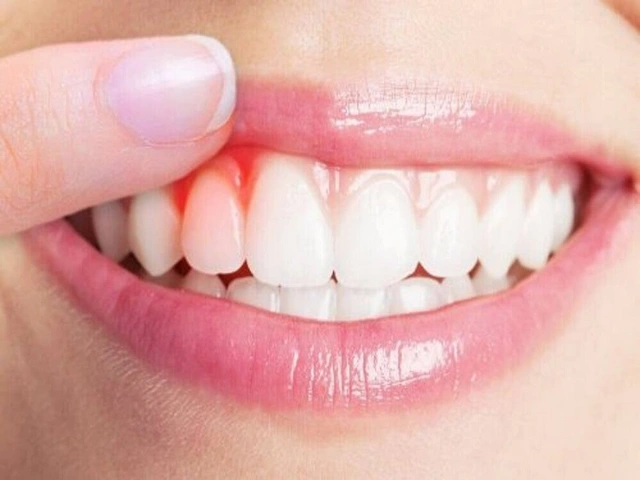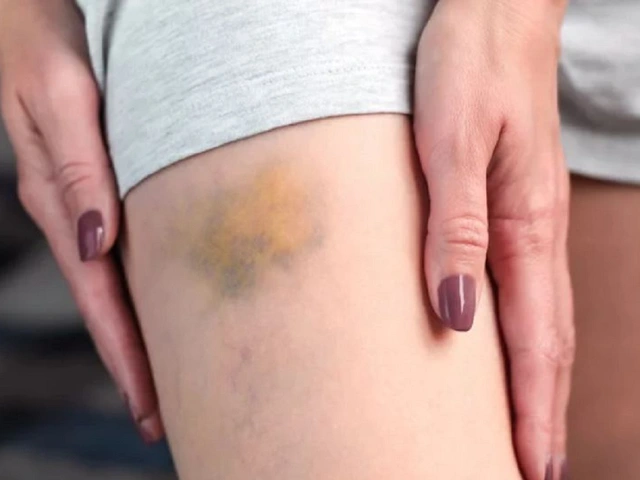Are you getting enough vitamin C in your diet? Here are some telltale signs that you may be lacking in vitamin C and need to supplement.
You may think you’re eating a healthy diet, but according to the U.S. Health and Nutrition Examination Survey, in one review, nearly 7% of women and 10% of men were deficient in vitamin C. If you have more than 2 of the 7 signs below, you may not be getting enough vitamin C and should consider supplementing.
1. You’re sick often
Vitamin C is an antioxidant, which protects cells from oxidative stress and helps your body fight infections. It also helps heal wounds and aids in collagen production. Collagen is a protein that helps keep your joints healthy and your skin firm and wrinkle-free.
If you’re suffering from a respiratory infection, you may need more vitamin C in your diet. Also, if you’re not eating fruits and vegetables, which are some of the best sources of vitamin C, your body may need a vitamin C supplement.
You can’t store vitamin C, so you need to get some in your diet every day.

Constant fatigue and frequent illness are symptoms of vitamin C deficiency.
2. Feeling tired all the time
One sign that you may need more vitamin C is fatigue. If you feel tired all the time and haven’t changed anything about your diet or lifestyle recently, it could be because your vitamin C levels are low.
However, there are many causes of fatigue. If you feel tired, see your doctor for a check-up and a blood test to determine the cause of your fatigue and whether you need to take more vitamin C.
3. Bleeding gums
Vitamin C is a powerful antioxidant that can help prevent gum disease. One study found that people who were deficient in vitamin C were 1.16 times more likely to have bleeding gums. Bleeding gums can also be a sign of leukemia.
If you experience frequent bleeding gums, eat more foods rich in vitamin C, but also see your dentist to rule out other conditions.

Vitamin C deficiency causes bleeding gums.
4. Easy bruising
If you notice more bruising than usual, it could be due to a vitamin C deficiency. The vitamin helps your blood clot and keeps your body’s tissues healthy. Not having enough vitamin C in your system can lead to easy bruising.
So if minor bumps and bruises leave that dreaded blue-black mark, consider increasing your vitamin C intake. It can take a few weeks for your body to absorb enough vitamin C from food or supplements.
A low platelet count is another cause of bruising, so get a check-up and a blood test before assuming you’re low on vitamin C.

Bruises on the skin indicate a lack of vitamin C in the body.
5. Slow Wound Healing
If you’re struggling to heal after surgery, a cut, or other injury, consider adding more vitamin C to your diet. Studies show that more than half of patients who took high doses of vitamin C supplements after surgery recovered faster than those who didn’t take supplements.
Vitamin C helps maintain healthy collagen, a protein that keeps skin smooth and elastic. Without enough vitamin C, you won’t produce enough new collagen as you age – which is why older people often get wrinkles on their faces and hands. So if you want youthful-looking skin, make sure you eat plenty of fruits like kiwis or oranges.
6. Joint Pain
Joint pain is one of the signs of vitamin C deficiency. It can affect any joint, but it’s most common in the knees and hips.
Why Does a Vitamin C Deficiency Cause Joint Pain? Vitamin C helps build healthy collagen to support your joints. When you don’t get enough vitamin C, your joints can suffer. Symptoms include joint pain when you move, stiffness, swelling and bruising around your joints, and sore muscles or tendons near your joints.
If you have these symptoms, it’s important to see your doctor because they could be caused by something else, such as one of the more than 100 types of arthritis. But make sure you’re getting enough vitamin C in your diet to keep your joints healthy.
7. Skin Changes
If you have a vitamin C deficiency, you may have some very noticeable skin changes. The most common symptoms of low vitamin C levels in the body include:
- Red or discolored patches on your skin
- Easy bruising, especially in places that don’t normally bruise (like the inside of your elbows)
- Dry and cracked corners of the mouth
These symptoms usually go away when you increase your intake. You can get more vitamin C from foods like citrus fruits and bell peppers, or from vitamin C supplements.
If you notice any of these symptoms, be aware that a vitamin C deficiency may be playing a role. Even if you don’t have these signs or symptoms, make sure you’re getting enough vitamin C in your diet by eating plenty of vitamin C-rich foods.





